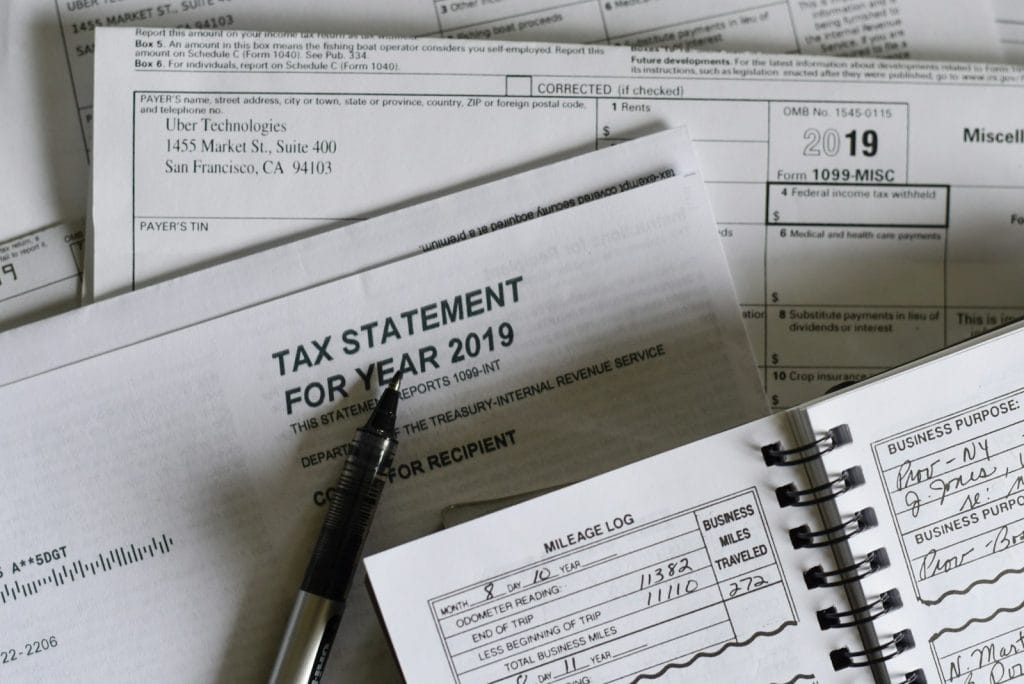
What Are the Costs of Buying or Selling Real Estate in California? A Complete Guide

California is one of the most dynamic real estate markets in the United States, attracting both domestic and international buyers. But whether you’re purchasing a home in Los Angeles, a condo in San Francisco, or land in rural areas, the actual purchase price is only part of the financial picture. Both buyers and sellers must budget for taxes, fees, and professional services that are part of every real estate transaction.
This guide explains the most common costs of buying and selling property in California, and whether some of these expenses may be tax-deductible.
⸻
1. Costs When Buying Property in California
a) Down Payment and Loan Costs
• Down payments typically range from 3 % (for FHA loans) up to 20 % or more for conventional loans.
• Buyers using financing also face loan origination fees, credit report fees, appraisal fees, and lender-required escrow accounts.
b) Closing Costs
• On average, California buyers pay between 2 % and 5 % of the purchase price in closing costs.
• This includes title insurance, escrow fees, recording fees, and notary charges.
c) Property Taxes
• Property taxes in California average around 1 % of the property’s assessed value annually, plus potential voter-approved local assessments.
• At closing, buyers usually reimburse the seller for prepaid property taxes on a prorated basis.
d) Home Inspection and Insurance
• General inspections cost between $300 and $600, while specialized inspections (pest, foundation, roof) add extra.
• Homeowner’s insurance is required if financing is involved.
⸻
2. Costs When Selling Property in California
a) Real Estate Agent Commissions
• The biggest expense for sellers. Commission rates typically range from 5 % to 6 % of the sale price, split between the buyer’s and seller’s agents.
b) Escrow and Title Fees
• In California, escrow and title fees are often split between buyer and seller, but this depends on local custom. Sellers usually cover a portion of title insurance.
c) Transfer Taxes
• California charges a Documentary Transfer Tax of $1.10 per $1,000 of the property’s value.
• Some cities (like San Francisco, Los Angeles, and Oakland) impose additional local transfer taxes, which can be significant.
d) Capital Gains Tax
• If the property has appreciated in value, sellers may owe federal capital gains tax (up to 20 %) and California state income tax (up to 13.3 %) on the profit.
• However, there is an exclusion for primary residences: individuals can exclude up to $250,000, and married couples filing jointly up to $500,000, if they lived in the home for at least two of the last five years.
⸻
3. Can These Costs Be Deducted for Tax Purposes?
The IRS and the California Franchise Tax Board allow certain deductions:
• For Buyers:
• Mortgage interest and property taxes are deductible (subject to federal caps).
• Loan origination fees may sometimes be deductible.
• Closing costs themselves are generally not deductible, but they can be added to the property’s cost basis.
• For Sellers:
• Real estate agent commissions, escrow fees, and certain closing costs reduce the taxable gain on the sale.
• Documented improvements (remodeling, additions, major repairs) can be added to the cost basis, reducing capital gains liability.
• If the property was used as a rental, additional deductions may apply, including depreciation recapture rules.
⸻
4. Practical Tips for Buyers and Sellers
1. Work with a qualified real estate agent and tax advisor to understand both upfront costs and long-term tax implications.
2. Keep all records and receipts for improvements, as they can lower taxable gains.
3. Plan for property taxes and insurance early—especially in areas prone to natural disasters where insurance costs are rising.
4. Know local rules: some California cities have unique transfer taxes or rent-control-related requirements when selling.
⸻
Buying or selling property in California involves more than just negotiating a price. Between closing costs, commissions, transfer taxes, and potential capital gains, expenses can range from 2 % to 8 % of the property’s value. With careful planning, however, many of these costs can be managed, and some may even reduce your tax liability.